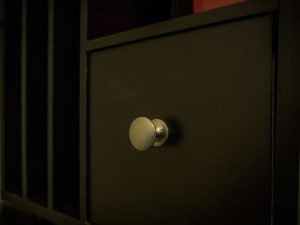
TRI reveals new robotics capabilities for complex tasks in your home
Toyota Research Institute (TRI) has revealed new robotics capabilities to resolve complex tasks in the house environment. Roboticists could actually train robots to comprehend and operate in complicated situations that could confuse typical robots. The complex situations included recognizing and giving an answer to transparent and reflective surfaces in a number of circumstances.
TRI demonstrated these new capabilities in a video, which may be seen below, highlighting something allowing robots to create generalizations in a variety of scenarios, including different homes. The video includes a humorous tone and shows the Toyota robot capturing its new capabilities on film that has been released on National Selfie Day since it performed its newly learned skills across the home. TRI VP of robotics Max Bajracharya says training robots to use in home environments has its group of special challenges due to the diversity and complexity of homes.
That complexity implies that small tasks may become significant challenges for robots. In the house environment, humans can simply differentiate between an object and its own reflection. However, transparent reflective items often within homes today can confuse typical robots. Most robots are programmed to respond to the objects and geometry before them without taking into consideration the context of the problem. They may be confused by things such as for example glass tables, reflective appliances, or transparent cups.
TRI developed a fresh training solution to perceive the 3D geometry of the scene while detecting objects and surfaces. The combination allowed researchers to utilize huge amounts of synthetic data to teach their system. The usage of synthetic data alleviated the necessity for time-consuming, expensive, and impractical data collection and labeling.
TRI admits that no system is ideal, but today’s announcement increases the body of knowledge that will assist robots to navigate and operate in the house environment reliably. The advancement may help someday result in robots to greatly help with everyday tasks in the house for individuals who cannot perform the duty themselves.





